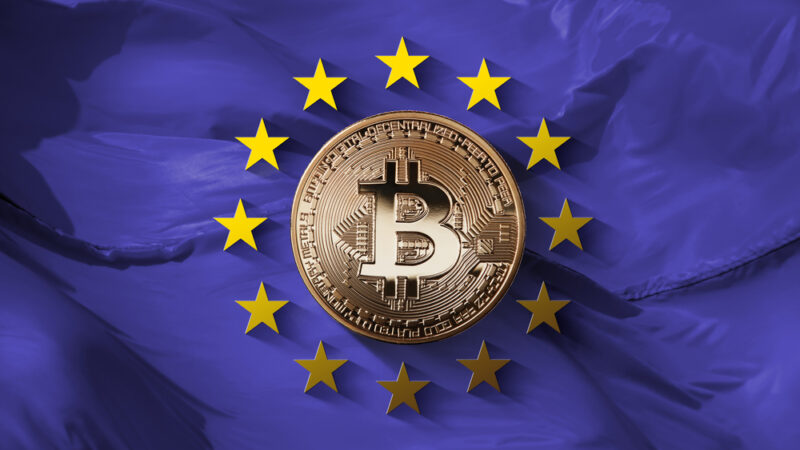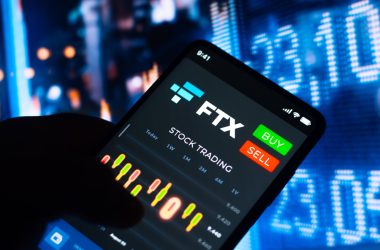Over 40 cryptocurrency industry experts have requested the European Union (EU) to stop mandating cryptocurrency organizations to reveal transaction data and to dial back efforts to control rapidly growing decentralized finance platforms.
The EU is striving to control the rogue cryptocurrency industry, as do other territories and countries across the globe. In addition, the EU is ahead of the UK and US in crafting a system of regulations for the $2.1 trillion industry.
Crypto companies asked policymakers in a letter sent to 27 EU finance ministers on April 13 not to go beyond the present constraints imposed by the Financial Action Task Force (FATF), a global organization that sets rules for overcoming money laundering.
EU lawmakers agreed stronger procedures for tracing Bitcoin and other cryptocurrencies in March.
The rules, which Coinbase Global Inc (COIN.O) opposes, would require cryptocurrency businesses to gather and preserve data on who is involved in virtual currency transactions.
In response to the situation in March 2022, 46 European cryptocurrency industry executives and associations issued a statement stating that the proposals will expose transaction data and wallet addresses to the public, putting every digital asset owner at danger. As per the letter’s authors, this would jeopardize the security and privacy of cryptocurrency users.
MiCA, a wider framework for overseeing all service providers and issuers in the European Union who handle digital currencies, is also being developed by the EU. The European Parliament has recently approved a draft regulation, which will now be reviewed with EU executive and branch state leaders.
Furthermore, the letter recommended that the EU exclude decentralized initiatives from legal entity formalities, such as decentralized finance or “DeFi.” Certain decentralized “stablecoins” must be excluded from MiCA restrictions, according to the document.
The UK plans to regulate stablecoins as part of its efforts to create a global crypto-asset center. On Monday, the United Kingdom unveiled a detailed strategy to harness the power of crypto-assets and the blockchain technology that underpins them to help customers make more efficient payments.
Financial services minister John Glen said the UK will propose to bring some stablecoins into the regulatory net, such as complying with existing payment standards, as part of its efforts to create a global crypto-asset center.
Stablecoins are digital currencies that are designed to have a consistent value when compared to real currencies or commodities such as silver or gold, avoiding the unpredictability that makes Bitcoin and other digital assets inappropriate for most exchanges. The government believes that all stablecoins that represent a fiat currency must be regulated.
Moreover, the finance ministry mentioned that strategy will guarantee conversion into fiat currencies, at par and on-demand and that “systemic” stablecoins would be regulated by the Bank of England.
Later this year, the UK will hold a consultation on developing legislation for a broader set of crypto-assets, such as Bitcoin, taking into consideration the sector’s energy use.
Regulators all across the world are attempting to deal with cryptos, with the European Union preparing a draft regulation on the subject.
Rishi Sunak, the UK finance minister, has also instructed the Royal Mint to design a non-fungible token that will be released by the summer. An NFT is a digital asset that lives on the blockchain, which is a distributed ledger of transactions.
The Bank of England and the Financial Conduct Authority will build a regulatory “sandbox” next year to evaluate the use of blockchain in market infrastructure, according to John Glen.
Additionally, the Law Commission will look at the legal status of decentralized autonomous organizations that use blockchain as well as the tax implications of cryptocurrency.
CEO of CoinShares, Jean-Marie Mognetti, the letter’s organizer, noted that Europe currently has more convoluted cryptocurrency laws than other regions, which has hampered enterprises’ expansion in Europe.
Diana Biggs, DeFi Technologies’ chief security officer and one of the letter’s organizers, emphasized her wish to see the European cryptocurrency industry’s influence on Brussels expansion.
She claims that there has not been powerful enough or coordinated initiatives across Europe’s corporate community.
WeInvests is a financial portal-based research agency. We do our utmost best to offer reliable and unbiased information about crypto, finance, trading and stocks. However, we do not offer financial advice and users should always carry out their own research.
Read More













